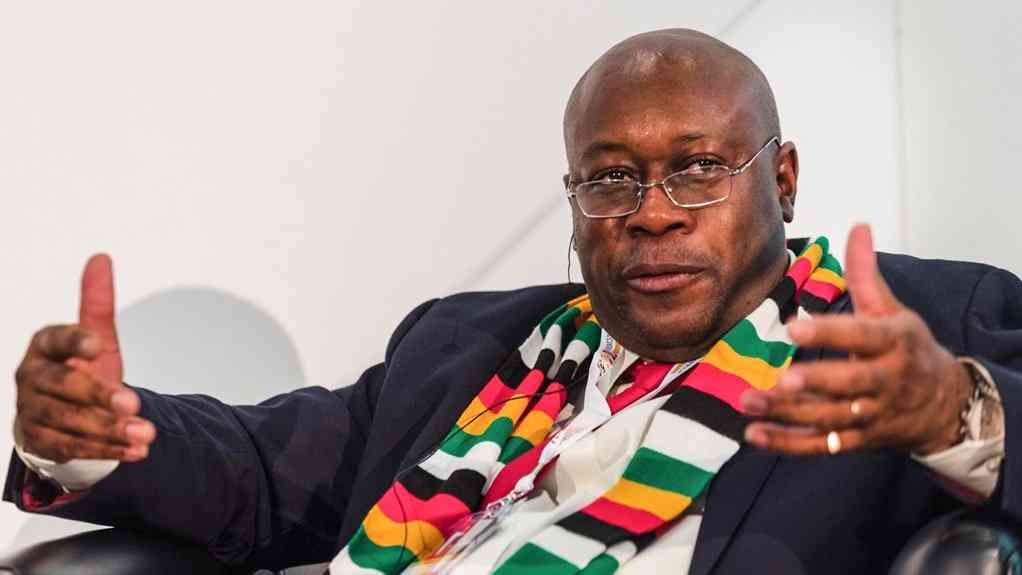
In Zimbabwe, it is possible that every average person has been scammed one way or the other through the internet, mobile, electronic transactions or even through their social media platforms. This clearly indicates that cybercrimes are emerging from Cyberspace and impact stakeholders outside service provider organisations. This uncertainty, fear and worry caused by these attacks and crime can only be overcome by building and sustaining trust in Zimbabwe’s digital society.
For these reasons, cybersecurity should be seen as a dimension of corporate social responsibility, as well as self-preservation. The primary concern of every cybersecurity leader is protecting their own organisation’s digital assets from theft, leakage, destruction or any cyber-attack, but not forgetting to protect the consumers of their product and services.
These developments require corporate organisations to think beyond their organisational borders. Companies need to consider their external stakeholders, including suppliers, customers, shareholders and the general public when assessing and mitigating cybersecurity risk.
For corporations to view cybersecurity as a corporate social responsibility (CSR) can help leaders understand and manage this risk. Until fairly recently, most organisations were driven almost exclusively by a single goal in mind,”PROFIT”. Maximising profits was at the heart of every action taken or initiative pursued.
But in the past few decades, however, more business leaders have recognised that they have a responsibility to do more than simply maximise profits for shareholders. Rather, they have a CSR, to do what is best not just for their companies, but people, the planet, and society at large. This realisation has led to the emergence of companies that identify as socially responsible. Therefore, Zimbabwe’s financial institutions, retailers and telecoms companies now need to have a CSR awareness programmes where they educate the general public on how to protect themselves from:
Fake SMS payment
These scams are mainly targeted at people who sell online or advertise their goods in the media and across the internet on classifieds and social media. Basically, the scammers will be interested in whatever is being sold online via a selling website or on social media platforms. The caller then contacts the seller with the intention to buy. Zimbabwe SMS scammers work in pairs, that is the SMS sender and the goods receiver. The goods receiver is the one that visits the seller, negotiates the price and agrees. The goods receiver then advises the SMS sender, to send the fake SMS to make the payment. The seller will receive the fake SMS bank transfer or fake mobile money transfer and the buyer hands the goods to the receiver. These fake SMSs are not easy to differentiate from an original SMS; it requires a genius to successfully differentiate.
Fake proof of payment scam
- Mavhunga puts DeMbare into Chibuku quarterfinals
- Bulls to charge into Zimbabwe gold stocks
- Ndiraya concerned as goals dry up
- Letters: How solar power is transforming African farms
Keep Reading
This can be done on whatsapp or emails as well, with the seller receiving a confirmation of payment on their whatsapp or email depending on their banking settings. The confirmation will reflect the buyer's name (fake). Scammers are crafty and determined so much that the fake notification will show that the payment is going to the seller's given name on the account, and it will also have a reference number together with their bank name. To top it up they will also include the seller's bank account and a Helpline number. Prior to the fake payment. The buyer would have already arranged for somebody to collect the purchase. The courier is normally a random person that the scammer uses to hide their own identity and location.
Smart or cautious people will normally log into their online banking apps or bank's website to verify the payment, and also call their bank to make sure that the money does indeed reflect.
However before even checking with the bank. It is also important to check for the origins of the WhatsApp or email.
Receiving money always triggers some excitement and one may temporarily drop their guard. Scammers need that lapse in judgement or distraction to strike.
For corporates, placing an emphasis on personal security through CSR is a social imperative, the organisation identity or brands can play a significant role in stopping the spread of fake SMSs and emails that are important to Zimbabwe's way of life and making our digital ecosystem a safer place. It may veer from the traditional areas of corporate social good programmes, but in the digital age, cybersecurity and the protection of consumers and stakeholders is critical to a healthy, safe society.
If you need more information please do not hesitate to contact me on +263772278161 or email jkmutisi@hansole.co.zw
- Mutisi is the CEO of Hansole Investments (Pvt) Ltd and the current chairperson of Zimbabwe Information & Communication Technology, a division of Zimbabwe Institution of Engineers. — +263772278161 or e-mail chair@zict.org.zw










